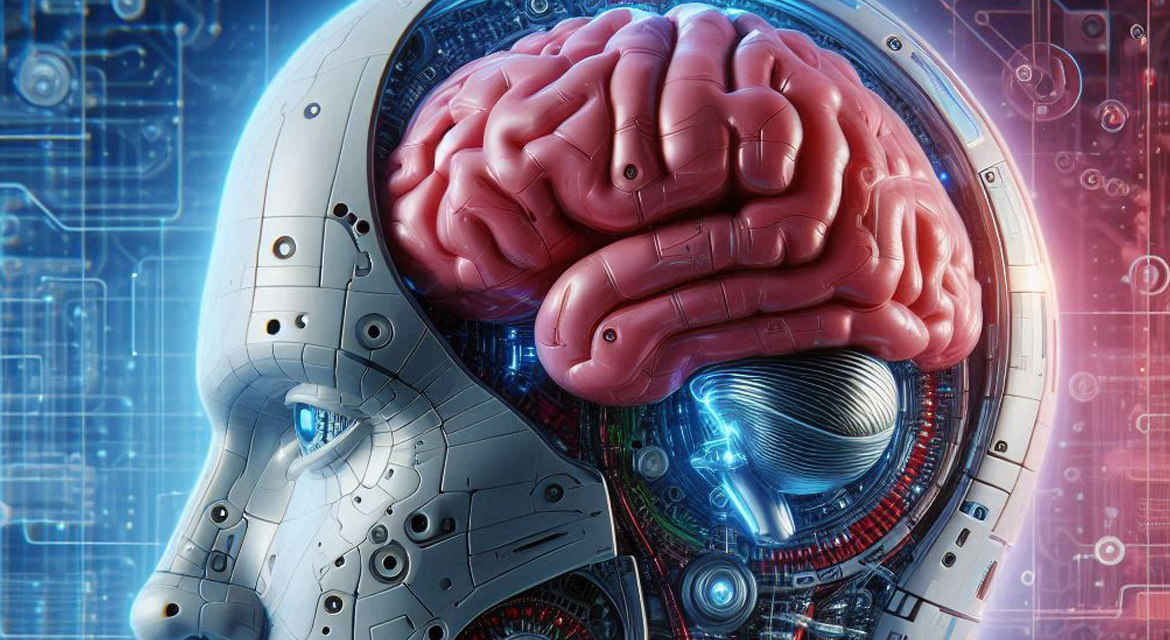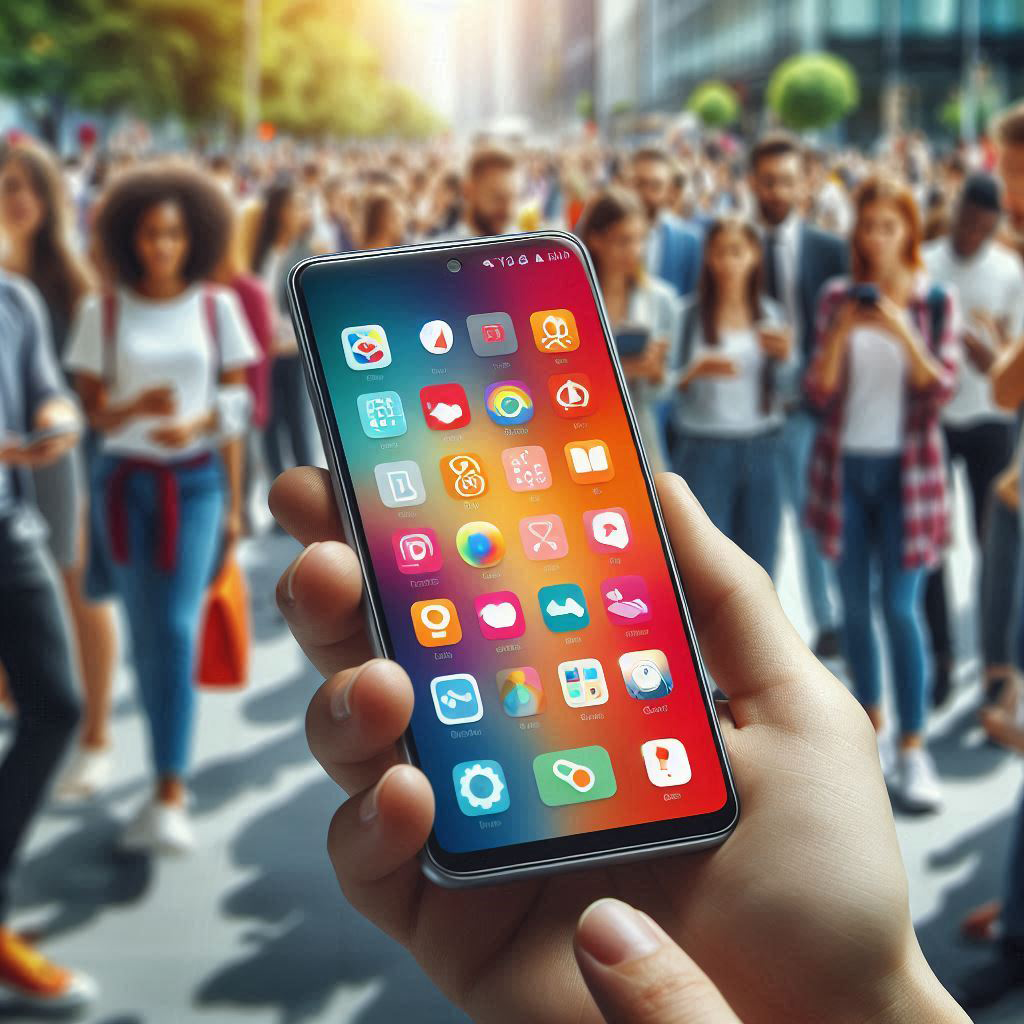Picture this: a diligent assistant who never takes a lunch break, never forgets a task, and can process information faster than you can say "algorithm." Welcome to the world of Artificial Intelligence (AI) – your trusty digital assistant who won't eat your lunch, but might just order it for you!
What is AI?
AI, or Artificial Intelligence, refers to the simulation of human intelligence in machines. These intelligent systems are designed to perform tasks that typically require human intellect, such as learning, problem-solving, and decision-making. AI can be broadly categorized into two types: Narrow AI and General AI. Narrow AI is specialized for specific tasks, like voice assistants or recommendation systems. General AI, on the other hand, would possess the ability to perform any intellectual task that a human can do, but we're not quite there yet.
The History of AI
The concept of AI has been around for decades. It all started in the mid-20th century when British mathematician and logician Alan Turing proposed the idea of a "universal machine" capable of performing any computation. This idea laid the groundwork for modern computing. In 1956, the term "Artificial Intelligence" was officially coined at the Dartmouth Conference, marking the birth of AI as a field of study. Early AI research focused on symbolic reasoning and problem-solving. The 1980s saw the rise of expert systems, which were designed to mimic the decision-making abilities of human experts. The advent of machine learning in the late 1990s and early 2000s revolutionized AI, allowing systems to learn from data and improve over time.
How AI is Being Used in Today's Society
AI is everywhere, and you might not even realize it. Here are some ways AI is making our lives easier (and more interesting):
- Virtual Assistants: AI-powered assistants like Siri, Alexa, and Google Assistant can answer questions, set reminders, play music, and even tell jokes (some better than others). These assistants use natural language processing (NLP) to understand and respond to human speech.
- Personalized Recommendations: Ever wonder how Netflix always knows what you want to watch? That's AI at work, analyzing your viewing habits and suggesting content tailored to your tastes. Similarly, e-commerce platforms like Amazon use AI to recommend products based on your browsing and purchase history.
- Healthcare: AI is revolutionizing healthcare with applications like diagnostic tools, personalized treatment plans, and even robotic surgery assistants. For example, AI algorithms can analyze medical images to detect diseases like cancer at an early stage.
- Customer Service: Chatbots powered by AI are handling customer inquiries, resolving issues, and providing support 24/7 – no coffee breaks needed. These chatbots use machine learning to understand and respond to customer queries, improving over time with more interactions.
- Autonomous Vehicles: Self-driving cars are no longer a thing of the future – they're here, thanks to AI. These vehicles use machine learning to navigate roads, avoid obstacles, and get you to your destination safely. They rely on a combination of sensors, cameras, and AI algorithms to perceive their environment and make driving decisions.
The Future of AI
The future of AI is brimming with possibilities. Here are a few exciting prospects:
- Healthcare Innovations: AI will continue to advance in healthcare, with potential breakthroughs in early disease detection, drug discovery, and personalized medicine. AI could help identify new drug candidates and predict patient responses to treatments.
- Smarter Homes: Imagine a home where every device is interconnected and AI-powered, making your daily life more efficient and convenient. Smart home devices will not only automate tasks but also learn your preferences and habits to provide a personalized experience.
- Enhanced Education: AI-driven personalized learning platforms will adapt to individual students' needs, providing tailored educational experiences. AI can help identify learning gaps and suggest targeted interventions to improve student outcomes.
- AI in the Workplace: From automating routine tasks to providing insights for decision-making, AI will transform workplaces, making them more productive and innovative. AI can analyze large datasets to uncover patterns and trends, helping businesses make data-driven decisions.
Can AI Be Trusted?
AI is undoubtedly powerful, but can it be trusted? While AI has the potential to improve our lives, it's essential to consider ethical implications and ensure transparency in its development and use. Trustworthy AI should be fair, accountable, and respect privacy. As with any tool, it's crucial to use AI responsibly and be aware of its limitations. Issues like bias in AI algorithms, data privacy, and accountability need to be addressed to build trust in AI systems.
Popular AI Platforms
Several AI platforms are leading the charge in making AI accessible and useful. Here are a few:
- IBM Watson: Known for its natural language processing capabilities, Watson is used in healthcare, finance, and more. It can analyze large amounts of unstructured data to provide insights and recommendations.
- Google AI: Google's AI research and applications span various domains, from search algorithms to self-driving cars. Google AI is behind many of the company's products, including Google Search, Google Photos, and Google Assistant.
- Microsoft Azure AI: Azure offers a range of AI services and tools for developers to build intelligent applications. Azure AI provides pre-built models for tasks like image recognition and language understanding, as well as tools for building custom models.
- Amazon Web Services (AWS) AI: AWS provides machine learning services and AI tools for businesses to innovate and grow. AWS offers a suite of AI services, including Amazon SageMaker for building and deploying machine learning models and Amazon Rekognition for image and video analysis.
Who Benefits from Using AI the Most?
AI benefits a wide range of individuals and industries:
- Businesses: AI helps companies optimize operations, improve customer service, and drive innovation. AI can analyze customer data to identify trends and preferences, enabling businesses to tailor their products and services.
- Healthcare Providers: AI enables more accurate diagnoses, personalized treatments, and efficient patient care. AI can analyze medical records and imaging data to assist doctors in making informed decisions.
- Consumers: From personalized recommendations to smart home devices, AI enhances convenience and improves daily life. AI can help consumers discover new products and services that match their preferences.
- Educators and Students: AI-powered tools support personalized learning and enhance educational experiences. AI can provide real-time feedback to students, helping them improve their skills and knowledge.
- Researchers: AI accelerates scientific discoveries and advances research in various fields. AI can analyze large datasets to uncover new insights and generate hypotheses for further investigation.
AI is not just a buzzword; it's a transformative technology that's here to stay. From virtual assistants that won't eat your lunch to healthcare innovations that save lives, AI is reshaping our world in fascinating ways. So, next time your digital assistant orders lunch for you, take a moment to appreciate the marvel of AI – your friendly, brainy, and ever-evolving digital companion.













